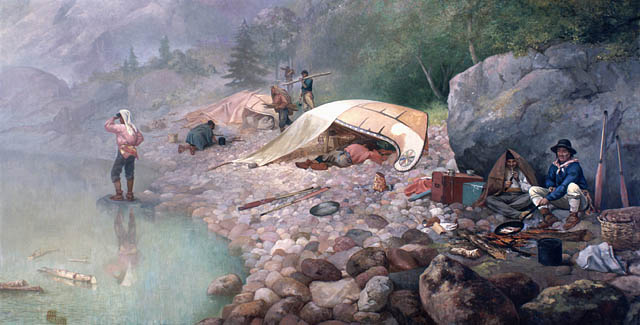Article
Benoît Lacroix
Benoît Lacroix (born Joachim Lacroix), OC, GOQ,Dominican priest, theologian, philosopher, medievalist, historian, literary critic and university professor (born 8 September 1915 in Saint-Michel-de-Bellechasse, Québec; died 2 March 2016 in Montréal, Québec).









